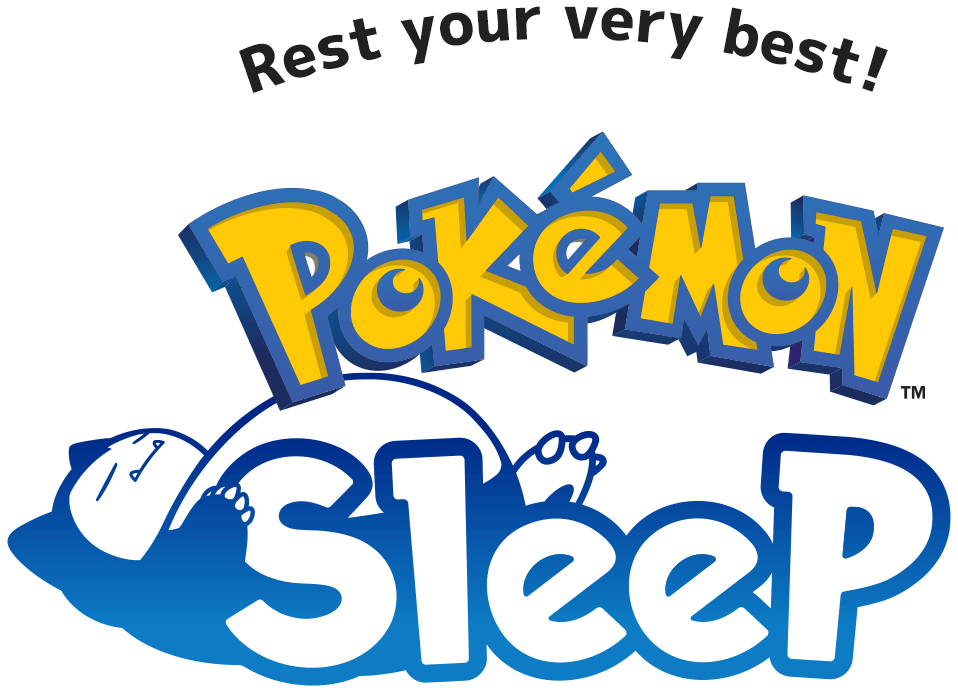7 tips for better sleep, based on the latest sleep research
Notes:
- Pokémon Sleep is intended for entertainment purposes only and is not intended for use in detection, diagnosis, or treatment of any medical condition or disease.
- The information provided in this article—and the sleep score registered through Pokémon Sleep—does not represent or substitute for a diagnosis from a physician or health care professional, and it cannot be used as a diagnostic or therapeutic treatment for a sleep disorder. Users should seek medical attention in case they present signs or symptoms that could be associated with sleep disorders.
- Please note that the information in this article is intended for adults regarding sleep unless otherwise stated.
1. Make your entire house a bit dark in the evening
Our biological clock is managed by a “master clock” in our brains. Seeing bright light at night throws off this master clock and interferes with sleep. Also, spending time around bright light before going to bed may block our bodies’ production of melatonin and make it difficult to fall asleep naturally.
We humans are diurnal animals and light itself has a wakening effect on us. So, we should try to lower the lights a bit in our living rooms and around our homes at night as we prepare to move on towards bedtime. And we should try to keep our bedrooms as dark as possible when we sleep. Dim footlights or nightlights are OK to leave on. Proper regulation of light leads to healthy sleep.

2. Eat dinner three to four hours before going to bed
We should try to eat dinner no later than three to four hours before our bedtimes. It’s important to fully digest our food before going to sleep. But getting to sleep can be hard when you’re very hungry. It may be best to avoid eating dinner too early as well as too late. Also, eating without chewing your food well is said to throw off your sleep cycle. That means in order to sleep well, you need to chew well, too.

3. Try to avoid overdoing caffeine or alcohol
Caffeine affects the parts of our brains that are responsible for making us sleepy, suppressing sleepiness. Caffeine affects each individual differently, but its effects tend to last from four to five hours depending on the person, sometimes even longer. Depending upon how it affects you, you may wish to avoid it in the evenings and at night.
Alcohol has sleep-inducing effects—but it also worsens sleep quality. The acetaldehyde produced by our bodies when we drink alcohol stimulates our sympathetic nerves with a wakening effect that makes our sleep both shorter and lower quality.

4. Warm up your body’s core temperature one to two hours before bed
We generally become sleepy when our bodies’ core temperature (the temperature inside our bodies) goes up and then back down again.
Therefore, if you take a bath in warmish water an hour or two before bed to raise your body temperature by about 0.7 degrees Celsius, you may be able to sleep well afterwards. This is known as the hot spring effect, and it suppresses the dominance of the sympathetic nerves and calms stimulation in the brain.

5. Keep your room quiet and adjust the temperature
Keeping your room as quiet as possible is another important factor in getting good sleep. Sounds like people talking can be especially disruptive to sleep. When you’re sleeping, try to maintain the right temperature for you all the way until morning. Being too hot or too cold isn’t good for your sleep.

6. Come up with your own nighttime routine
Finding a routine that helps you relax is also effective. How to relax depends on the individual, and no single thing is effective for everyone. Try finding a routine such as lighting a candle with a scent you like, reading a book you’re already familiar with, solving a puzzle that lets you zone out as you work on it, listening to soothing music, finding the bedding or pajamas most comfortable for you, or anything else that’s easy to keep up and lets you relax. Following this routine every night can be effective because it can teach you bedtime habits. If you keep up this routine every night for a while, your brain will learn that you do this activity right before sleep, and it will help you fall asleep more smoothly.
Reference material: https://www.sleepfoundation.org/sleep-hygiene/bedtime-routine-for-adults

7. Eat breakfast within an hour of waking up and taking in the sunlight
The length of our biological clocks’ cycles varies from person to person, but according to the latest research, the average is about 24 hours and 10 minutes.
Our bodies are able to reset their biological clocks when we wake up, get some sun, and then eat breakfast, and this helps our clock’s cycles align with the day. So, eating breakfast within an hour after waking up is important for regulating our biological clocks. Even when we’re busy, skipping breakfast and waiting until lunch isn’t the best idea.
If you wake up feeling refreshed, start preparing in the morning to get good sleep the next night as well.
Reference material: Czeisler, Charles A., et al. “Stability, precision, and near-24-hour period of the human circadian pacemaker.” Science 284.5423 (1999): 2177-2181.






